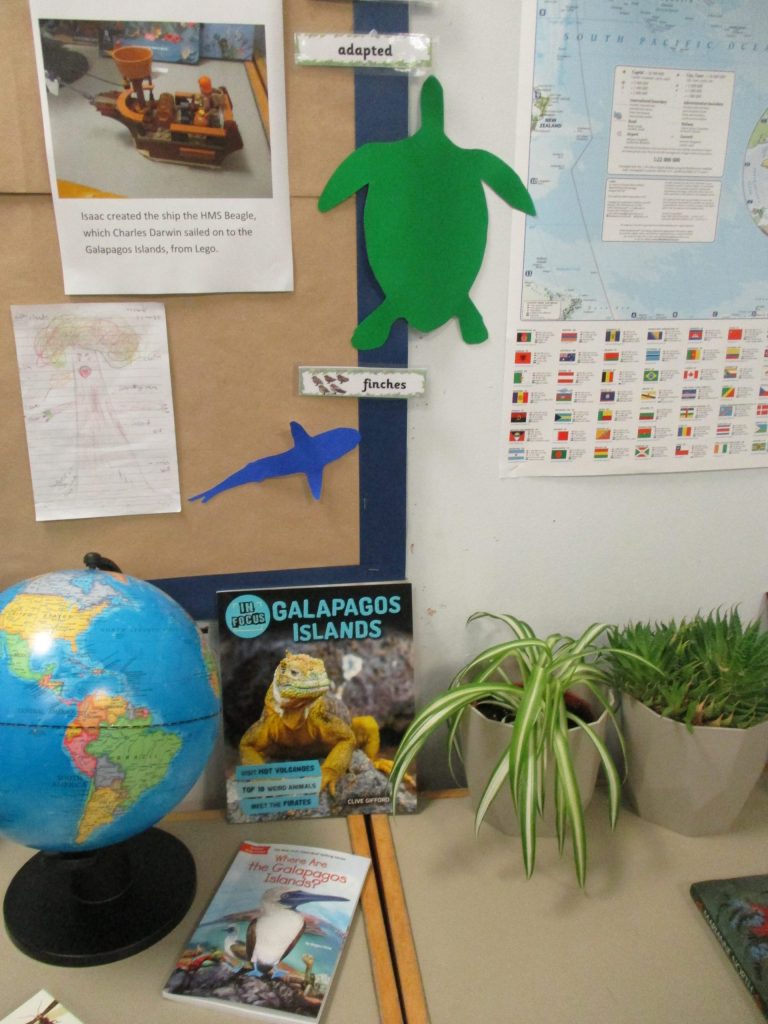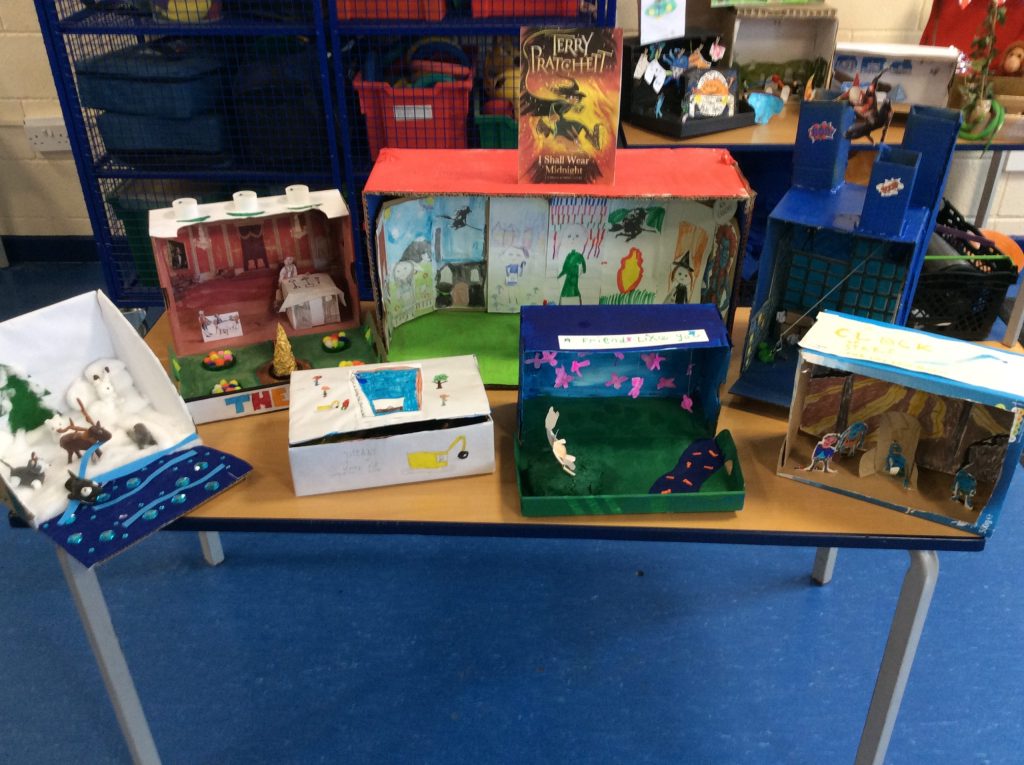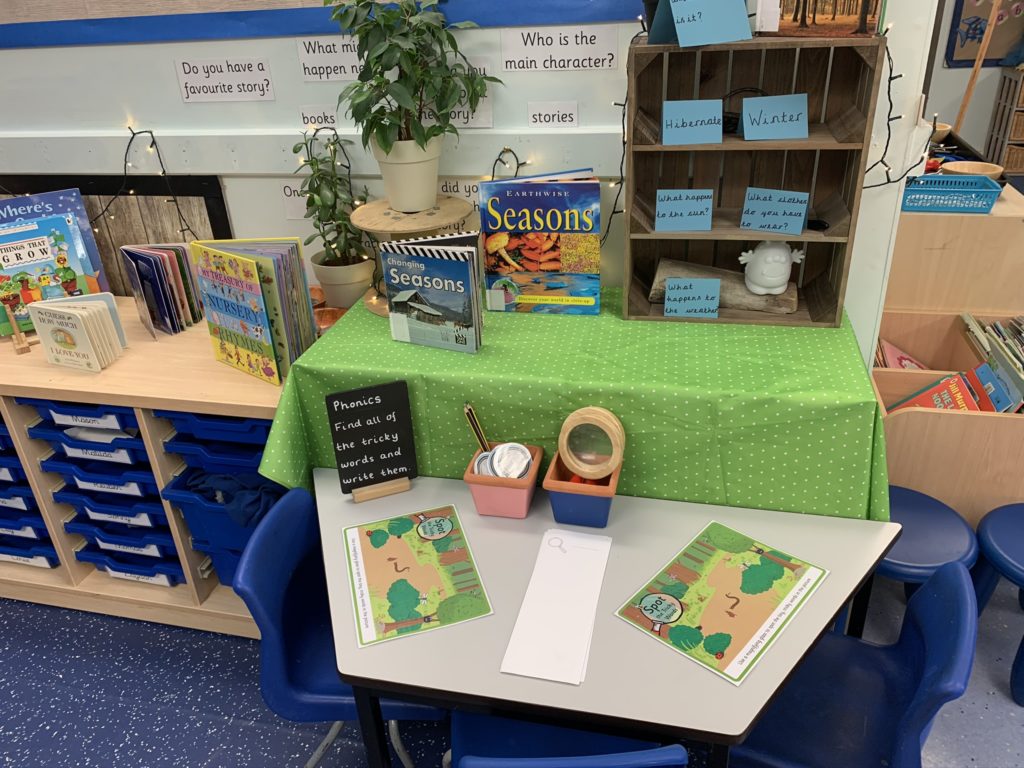
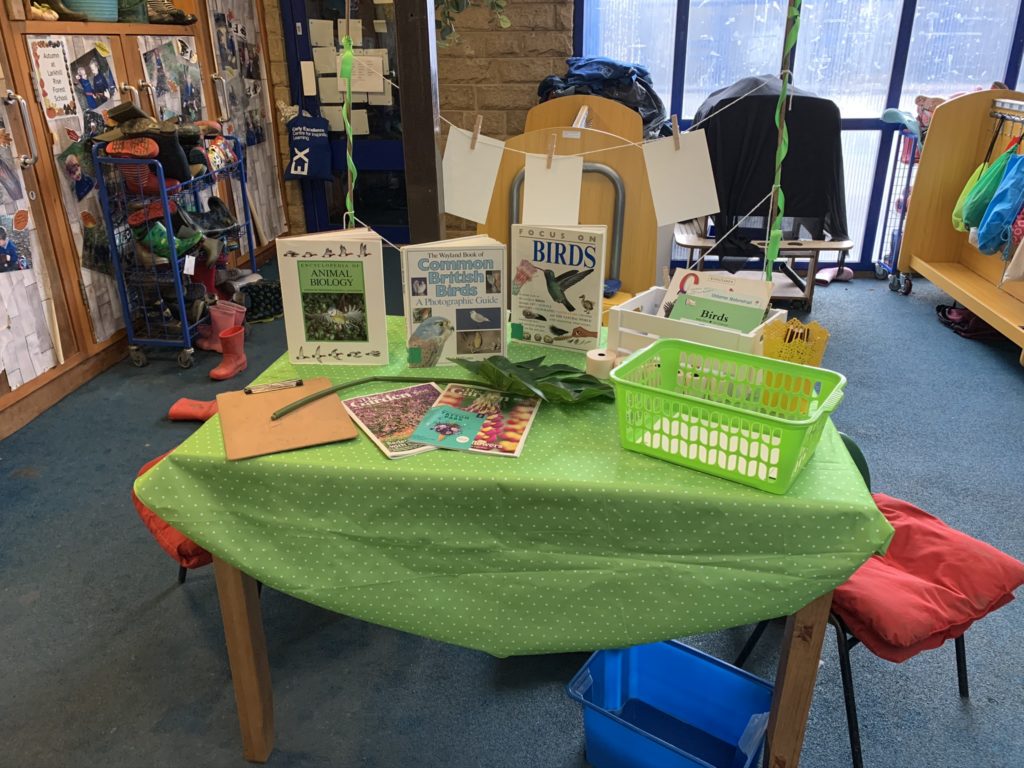



Key Documents
English Long Term Overview Autumn 2022
English Long Term Plan Spring 2022
English Policy 2022
Handwriting Policy updated 2022
Helping your child read- A Guide for Parents and Carers
How to use your child’s reading record
Reading Workshop June 2022 copy for website
Reading Workshop September 2022
book-talk-speaking-frame-bubbles support for reading with your child
grammar-progression-word-class
questions-to-ask-when-reading-with-your-child
English Intent at St Paul’s
Our approach to the teaching of English is multi-faceted, incorporating oracy, drama, real contexts and high-quality literature. Our priority at St Paul’s is to create fluent readers and writers with all the skills and knowledge they need to be confidently literature in life.
We strive to ensure all children leave St Paul’s with a life-long reading habit and a love of books because as evidence shows, reading will improve their vocabulary, inspire them creatively and improve their ability to write well. We provide a high-quality English curriculum which cultivates a passion and enthusiasm for reading, writing and exploring and experimenting with a range of literature.
Pupils will be given opportunities to interrelate the requirements of English within a broad and balanced approach to the teaching of English across the curriculum, with opportunities to consolidate and reinforce taught English skills.
At St Paul’s Church of England school we strive for children to be a ‘Primary Literate Pupil’
By the age of eleven we aim for a child to be able to:
· read and write with confidence, fluency and understanding, orchestrating a range of independent strategies to self-monitor and correct.
· have an interest in books and read for enjoyment
· have an interest in words, their meanings; developing a growing vocabulary in spoken and written forms.
· understand a range of text types and genres – be able to write in a variety of styles and forms appropriate to the situation.
· be developing the powers of imagination, inventiveness and critical awareness.
· have a suitable technical vocabulary to articulate their responses.
STATUTORY REQUIREMENTS
Statutory requirements for the teaching and learning of English are laid out in the National Curriculum English Document (2013) and in the Communication, Language and English section of the Curriculum Guidance for the Foundation Stage (2013).
In the Foundation Stage children should be given opportunities to:
· speak and listen and represent ideas in their activities;
· use communication, language and English in every part of the curriculum;
· become immersed in an environment rich in print and possibilities for communication.
In Key Stage 1 – children should learn to speak confidently and listen to what others have to say. They should begin to read and write independently and with enthusiasm. They should use language to explore their own experiences and imaginary worlds.
In Key Stage 2 – children should learn to change the way they speak and write to suit different situations, purposes and audiences. They should read a range of texts and respond to different layers of meaning in them. They should explore the use of language in literary and non-literary texts and learn how the structure of language works.
English Implementation at St Paul’s
The English Curriculum is delivered using the Lancashire Learning Key Skills (KLIPS) and Lancashire’s Learning and Progression (LAPS) document in reading, writing and speaking and listening (which is written by Lancashire County Council consultants using the statutory requirements from the National Curriculum 2013) as well as the National Curriculum. The Early learning Goals are followed to ensure continuity and progression from the Foundation Stage through to the National Curriculum. Pupil provision is related to attainment as well as ensuring it is age and stage appropriate.
English is taught in classes and teachers are supported by teaching assistants or a HLTA. There is no requirement to sit children according to their ability however this will depend on the learning task. Opportunities for children to learn in mixed ability groups should be planned for to allow children to higher level language and thinking and also strives to ensure high expectations for all.
Children with additional needs should be carefully planned for and targeted intervention should be in place to ensure personalised learning for all. Children who are unable to access the curriculum will be taught within the Budding Blossoms classroom (alternative provision) following discussions with the SENDCO, Headteacher and parents.
Lessons are planned following the school’s long term plan which ensures an even coverage of fiction, non-fiction and poetry units. A great emphasis is placed on cross curricular writing and the units are planned with this in mind.
Spelling, punctuation and grammar are taught within the English lessons- both discreetly and incorporated into all lessons.
The following documents are to help your child with their Learning
Ever wondered what you could be reading with your child. The following are recommended reading lists for KS2.
|
Books for Year 4 – this list contains titles to appeal to children aged 8-9 in Year 4 of primary school. The books consist of a range of titles to cover all ability ranges including the less able and the more able.
schoolreadinglist.co.uk
|
|
Books for Year 5 – this list contains books suitable for children aged 9-10 in KS2 of primary school. These titles consist of a variety of fiction and non fiction books for all ability ranges including the more and the less able.
schoolreadinglist.co.uk
|
Useful Phonics Websites – Pupil Zone
How to write explanations
How to write instructions
How to write persuasion
How to write recounts
How to write reports
Narrative Tablemats Document
Parents Guide to Phonics
Sounds A
Sounds B
Letters and Sounds Glossary
Grammar Glossary
Grammar & Punctuation (Lower Key Stage 2)
Grammar & Punctuation (Upper Key Stage 2)
How to write discussions
Spelling Games & Strategies
Reading with your Child
Learning to Read through Phonics – Information for Parents
